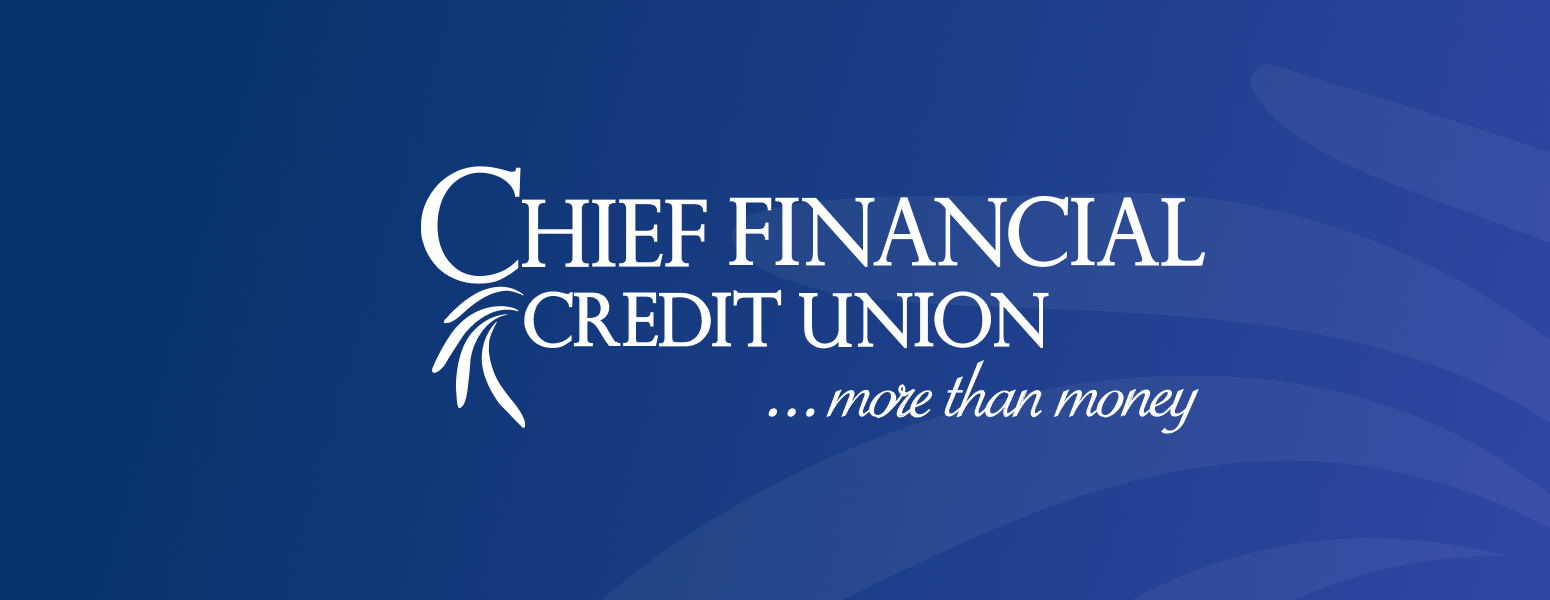Today, we’re sharing Mike’s story—a fictional but all-too-real scenario that highlights the dangers of overpayment scams. Remember, these scams can happen to anyone, but with the right knowledge, you can protect yourself and your hard-earned money.
Mike’s Story: A Sale Gone Wrong
Mike, a small business owner, was thrilled when he received an order for his handcrafted furniture through his online store. The buyer, “LuxuryDesigns,” ordered a custom table for $1,500 and sent a cashier’s check for $3,000.
A day later, Mike received an email:
“Dear Mike,
I apologize for the confusion. Our accounting department made a mistake and overpaid by $1,500. Could you please refund the difference via wire transfer? We’d greatly appreciate your quick action on this matter.
Thank you for your understanding, LuxuryDesigns”
Eager to maintain good customer relations, Mike deposited the check and, seeing the funds available in his account, immediately sent the $1,500 “refund” via wire transfer.
Two weeks later, Mike’s bank informed him that the cashier’s check was fraudulent. Not only had he lost the $1,500 he “refunded,” but he was also on the hook for the full $3,000 that the bank had initially credited to his account.
Unraveling the Scam
Let’s break down the tactics used in this overpayment scam:
- Overpayment: The scammer intentionally sends more money than required.
- Urgency: The request for a quick refund pressures the victim to act before the check clears.
- Legitimate Appearance: Use of a cashier’s check, which seems more secure than a personal check.
- Exploitation of Banking Processes: Taking advantage of the fact that funds from a check may be available before the check fully clears.
Variations of the Overpayment Scam
This scam can take different forms:
- Accidental Overpayment: As in Mike’s case, claiming a mistake was made.
- Shipping Cost Adjustment: Overpaying and asking for a refund due to “miscalculated” shipping costs.
- Order Cancellation: Sending payment, then canceling the order and requesting a refund before the check clears.
- Job Offer Scams: Overpaying for “home office equipment” and asking for the difference to be returned.
Protecting Yourself: Key Takeaways
- Wait for Checks to Clear: Even if funds are available, wait for the check to fully clear before sending any money. This can take up to two weeks for cashier’s checks.
- Be Wary of Overpayments: Legitimate buyers rarely overpay by mistake, especially with cashier’s checks.
- Verify Independently: If dealing with a company, contact them through official channels to confirm the transaction.
- No Refunds via Wire Transfer: Legitimate businesses don’t ask for refunds through wire transfers or gift cards.
- Trust Your Instincts: If a transaction feels off, it probably is.
What to Do If You’ve Been Scammed
If you think you’ve fallen victim to an overpayment scam:
- Contact your bank immediately to report the fraud.
- File a report with the Federal Trade Commission (FTC) and your local police.
- If you sent money via wire transfer, contact the wire transfer company right away.
- Keep all records of your communication with the scammer.
A Word on Check Processing
It’s important to understand how check processing works:
- When you deposit a check, your bank may make the funds available before the check actually clears.
- This is a courtesy, not a guarantee that the check is good.
- You’re responsible for any checks you deposit, so if a check turns out to be fraudulent, you’ll owe the bank that money.
At Chief Financial Credit Union, we’re here to help you navigate these tricky situations. If you ever receive an unexpected overpayment or are unsure about a transaction, please reach out to us. We can help you verify the legitimacy of payments and protect your financial well-being.
Remember, in the world of financial transactions, unexpected generosity is often a red flag. Stay vigilant, trust your instincts, and let’s work together to keep our community’s finances safe and sound.
